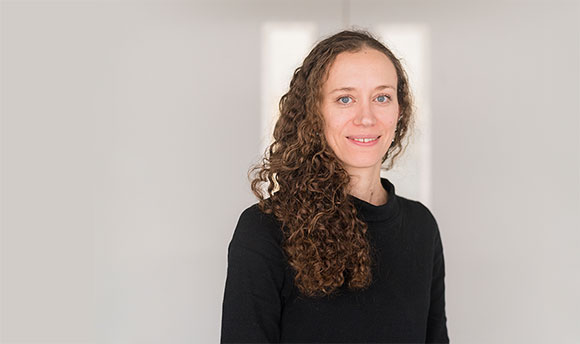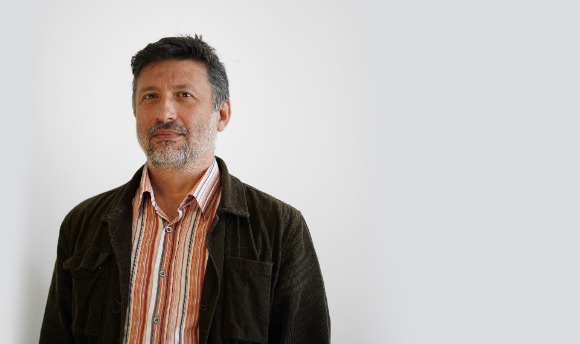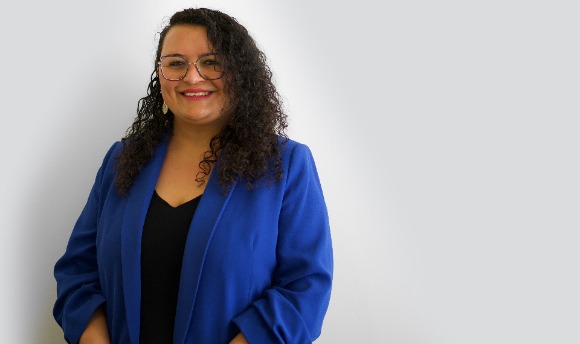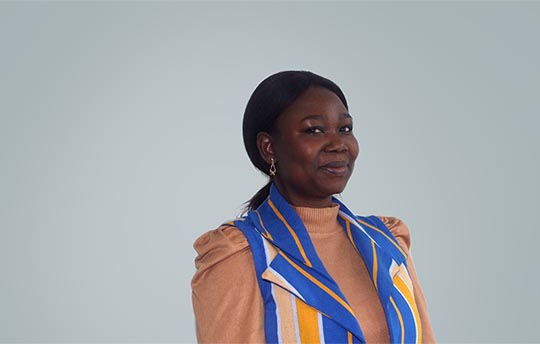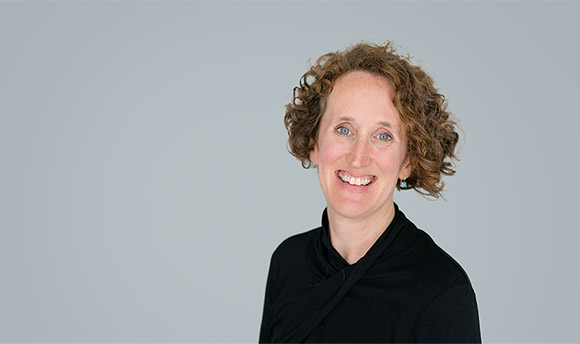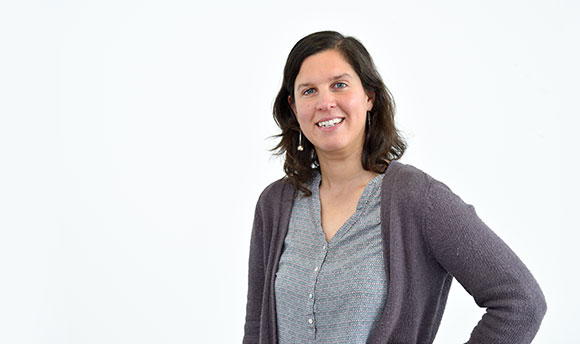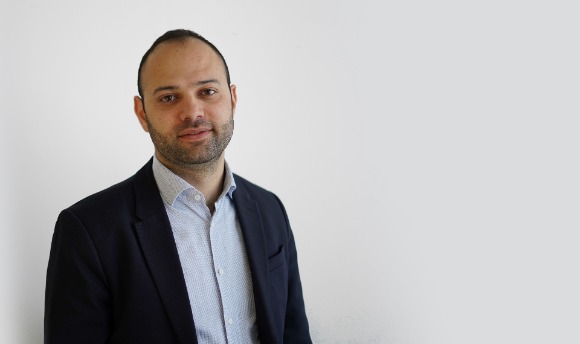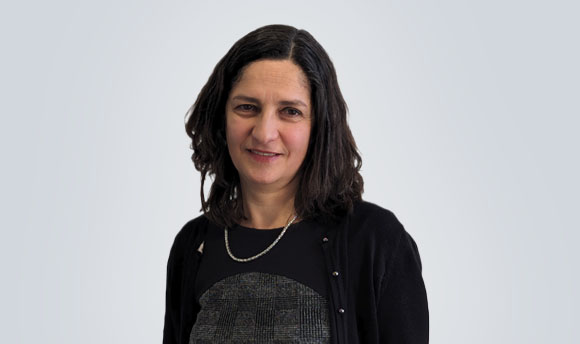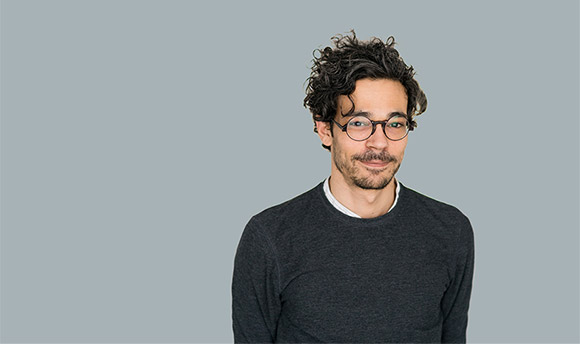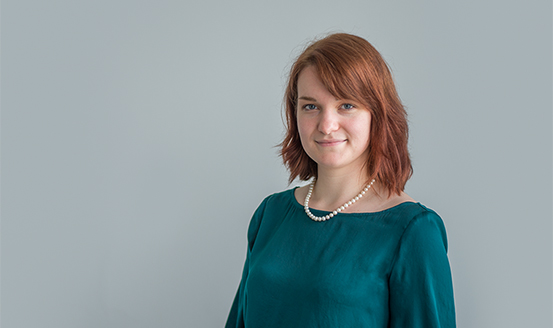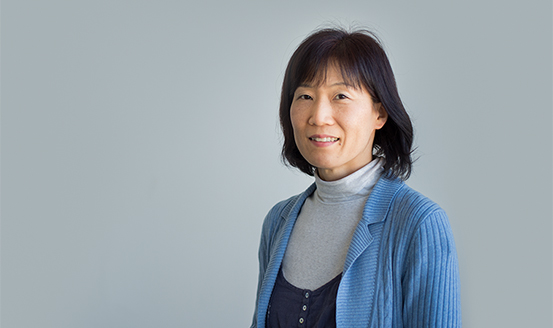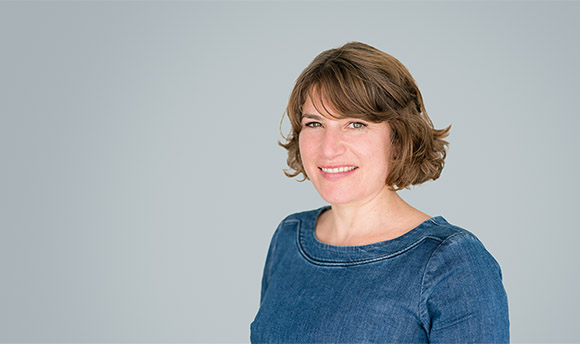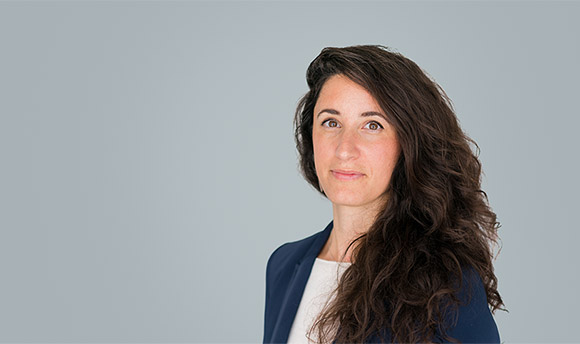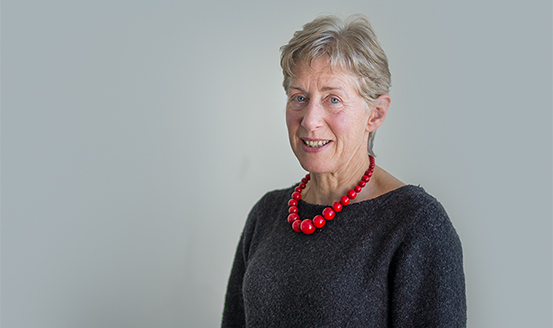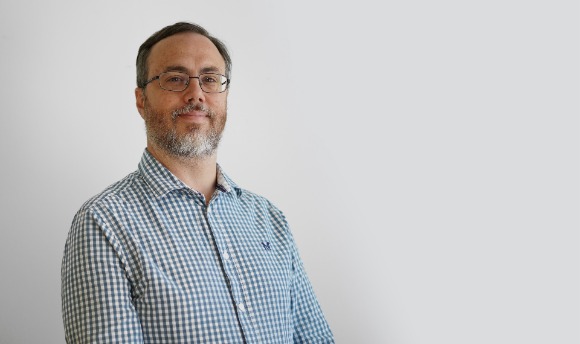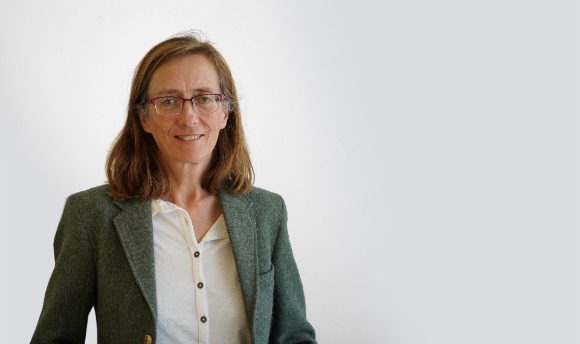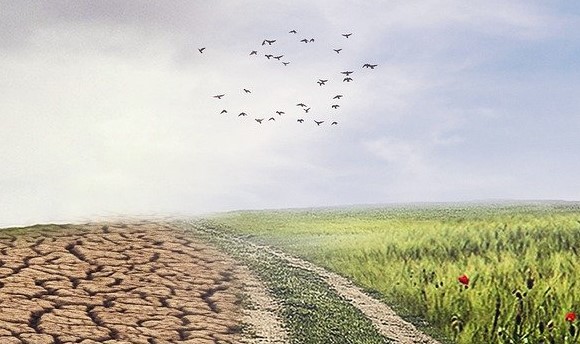Impacts of Covid-19 Restrictions on Scotland's Refugees
Impacts of Covid-19 Restrictions on Scotland's Refugees
Aims
This study set out to better understand the impact of sudden-onset isolation, brought on by measures to combat COVID-19, on neglected population groups – specifically Scotland’s refugees and asylum seekers. We gathered information on the extent and quality of refugees’ social networks during the pandemic restrictions, to explore the relationship between sudden-onset isolation and loneliness, mental health and wellbeing.
Key Findings
This study provides insight into the differentiated impacts of the COVID-19 pandemic on Scotland’s population of asylum seekers and refugees.
-
The sense of being ‘in limbo’ which has been experienced across the whole population, is particularly acute for those who have already suffered major disruption and for whom their mental health and wellbeing depends heavily on sustaining hope for the future.
-
Most of those interviewed are proactive in attempting to minimise the negative effects of the pandemic, and where possible, contribute to, and benefit from mutual support. However, impoverished access to emotional and material resources undermines the extent and benefits of building solidarity.
-
The reduction (or ‘dilution’) of quality as well as quantity of social connections is having a major effect on emotional security, disrupting the ability to settle.
-
Virtual access to trusted family/friends has been crucial to the wellbeing of many, but unavailable to those without sufficient phone/internet access.
-
Fear of COVID-19 is heightened by information poverty related to language and cultural barriers along with limited access to communication technologies.
- Participants have been sustained by positive beliefs including religious faith and their own inner narrative of positive messages
What Did This Study Involve?
Our research investigated the following questions:
- What social networks do refugees across Scotland have access to during the COVID-19 restrictions?
- What impact is COVID-19 social isolation having on sense of wellbeing amongst refugees in Scotland?
- What is the relationship between sudden-onset isolation and Scotland’s refugee communities’ experience of loneliness and sense of vulnerability or resiliency?
Between July and September 2020, fifty-one asylum seekers and refugees living in Scotland were interviewed remotely, supported by an interpreter as needed. Interviews (40 to 90 minutes) followed a semi-structured topic guide inclusive of informed verbal consent. Research design was informed by members of the Research Advisory Group (RAG) which included people with lived experience as refugees and asylum seekers, along with research partners; Scottish Refugee Council (SRC), the Convention of Scottish Local Authorities (COSLA). Ethical approval was granted by the QMU Research Ethics Committee.
SRC, COSLA and members of the RAG shared invitations for volunteers to contribute to the study. Interviewees of 18+ years were then selected according to a sampling frame to broadly reflect the diversity of refugees resident in Scotland (immigration status; age, gender, location in Scotland, country of origin). Interviews were recorded and audio-transcribed. The research team reviewed each interview independently before identifying themes and collating them across cases (Smith, J., Flowers, P., & Larkin, M. (2009). Interpretative Phenomenological Analysis: Theory, Method and Research). This report provides a distilled account of key findings. The full report will be published online.
What Were The Results and What Do They Mean?
Our data evidences asylum seekers’ and refugees’ own accounts of the profound impact of the pandemic on their lives. All those interviewed were clearly actively seeking to mitigate the negative impacts. However, for many, capacity to do so was constrained by situational, structural and personal circumstances. We have identified four inter-connected themes emerging from their stories: Connectivity & isolation; Stressors & mental health; Rupture & being ‘in limbo’; Resilience & coping. In outlining our main findings, we focus on the key challenges emerging. Our final section on Resilience and coping reports on the many effective ways that asylum seekers have been coping – and the limitations on their capacity to do this.
A) Connectivity and isolation
The pandemic narrative of many participants included the key ingredients of profound loneliness: a sense of being unacknowledged by others, a separation from intimate loving relationships, and a lack of opportunity to share and care for others. The refugees and asylum seekers interviewed experienced dramatic change to their level of connectivity. They also recounted important changes to the quality of their connections with others. We identified three broad types of connections: Casual connections: Almost half the participants experienced the reduction in frequency and also quality of casual encounters as a major loss. For refugees and asylum seekers, casual encounters are a crucial means of resettling in a new place, practicing language skills, adapting to a new culture and building a sense of belonging. Many found the ambiguity of the new way of interacting with strangers difficult to navigate and isolating. One participant described his interactions with others as ‘diluted’.
Family and friends: For the vast majority, connections with family and friends became the only source of face-to-face interaction during the lockdown period. However, these connections could act as either support or added stressors, or both. Tensions within the home were cited frequently by participants who felt overburdened by caring responsibilities. The accessibility of trusted support networks beyond the household (by virtual means) became a crucial factor for managing tensions. People in temporary accommodation such as hotels and hostels, and those who had been housed with other refugees previously unknown to them reported an acute sense of isolation and fear.
Formal social connections: Connections with services and support groups stopped abruptly, with some services resuming solely online, and others not at all. For those who faced language barriers and challenges with online communication, the lack of in-person dialogue meant they could not deal with practical day-to-day matters, adding to the stress of everyday life.
Several participants living in remote rural areas were struggling with geographic isolation from specialist supplies such as Halal food. Yet there were others who, though surrounded by people (living in a hostel or hotel), felt acutely isolated and deprived of emotional connection.
B) Stressors and mental health
Everyday stressors when combined with a stressful previous history and the additional challenges of the pandemic and lockdown restrictions have had a significant impact on people’s mental health and wellbeing.
Fear of contracting COVID-19 was almost universal amongst the participants. Information poverty left many participants uncertain about how the virus is transmitted or how to protect themselves and vulnerable family members. Unfamiliarity with language and culture led to mistrust of information, over-vigilance to avoid infringement of recommendations and fear of asking for help. For most, fear of infection was aggravated by the difficulty of accessing GP surgeries during lockdown, many feeling unable to communicate effectively and avoiding phone appointments.
Everyday life: The pressures of caring responsibilities, whether for children, extended family or shielding family members were overpowering for some. Finances caused anxiety for nearly all of the participants. Many who were working prior to lockdown lost their jobs or had reduced hours. Asylum seekers and refugees dependent on benefits have struggled to cope when benefit delays or errors have occurred. The ‘no-cash policy’ of most shops prevented those without bank accounts from buying essential items.
Mental health and wellbeing: The cumulative effect of these pressures on mental health and wellbeing was evident in participants’ accounts of their lives. We observed a number of interrelated responses, each of which incorporates a spectrum of severity.
-
Many participants felt that their lives were ‘stuck’. For some, this caused frustration and anger because the restrictions and closures disrupted or halted life plans. Some parents were very anxious about the impact of school closures on their children. Many talked about the boredom of lockdown being ‘mentally tiring’, giving no escape from anxiety about the future. A number expressed a more acute sense of being ‘trapped’ or ‘imprisoned’ – an experience that will resonate with past trauma for some.
-
For some there was clearly a loss of hope, and a few participants (particularly those still waiting for their asylum claim to be decided) expressed despair.
-
In addition, we observed a spectrum of worry to anxiety and then fear. Whilst many participants did feel able to manage despite the accumulation of stressors (section D)‘Resilience & coping’), others demonstrated debilitating anxiety and fear, and talked about further health and social problems arising from their fragile mental state. (SRC quickly provided follow up support to all interviewees in need of urgent support or protection.
-
A common theme was that of ‘aloneness’ or ‘loneliness’. We noted that participants often seemed to take it for granted that ‘being alone’ means you are unhappy. People commented on how culturally inappropriate it felt for them to be alone as they were used to sharing their lives with family and community.
C) Rupture and being ‘in limbo’
In the context of eagerness to become fully integrated and settled, the disruptions of lockdown had a deep significance for asylum seekers and refugees. The experience of the pandemic restrictions as a ‘liminal’, or ‘in-between’, state when much of normality is suspended has been recognised across the whole population. However, for those currently in an insecure and unstable situation, the lockdown disruptions did not simply prompt disappointment or frustration. Rather they enforced a halt, or even reversal to the momentum of their transition.
Disruption of progress: It is clear from our study that refugees and asylum seekers are commonly experiencing acute distress as a result of disruptions (to English classes, driving licences, asylum applications, education or training). Moreover, some fear that failure to progress, for example in language learning, might threaten their asylum claim or eventual citizenship. These processes were all invested with hopes for ongoing integration and acquiring a more stable status.
Cumulative rupture: Furthermore, asylum seekers and refugees had already experienced multiple losses and uprooting of great significance, prior to and throughout their displacement. The process of integration and settlement offers the potential to regain some of these losses – severed family links, lost educational opportunities and professional qualifications, and destroyed businesses. The lockdown represented further obstacles to their ambitions and in some cases compounded their sense of loss.
Extended precariousness: Finally, for those participants whose accommodation and location were not suited for their needs, the disruptions and hardships of the lockdown amplified their precarious current state. It signified that the hope of stability and settling down safely was receding further into the future, and this brought on even greater distress.
D) Resilience and Coping
The research showed a wide range of coping and support strategies used by participants to help manage the lockdown. These coping strategies offered a number of significant mental and emotional benefits that actively enabled participants to deal with the challenges brought about by the lockdown. Exercise and fun: There were clear benefits in activities, such as walking outdoors or family fun time, included being able to forget the pandemic and its difficulties and the chance to escape for a while. ‘Time out’ from the lockdown seemed important for replenishing inner resources and building and sustaining resilience. Conversely, when participants were constrained from this, their wellbeing and coping abilities suffered. In most cases, the constraints took the form of structural and situational difficulties that took up disproportionate amounts of time and effort (e.g. time consuming travel for essential shopping, struggling with illness or disability.) Heavy caring demands left participants feeling mentally and physically tired, constantly worried and under pressure. Poverty rendered many activities inaccessible.
Connecting with people: Participants reported connecting with family members, neighbours and friends being an important coping mechanism. Similarly, supportive community and group actions (both as participant and recipient) contributed to feelings of belonging and affirmation – of mattering, being seen, heard and supported. Even brief social encounters that asylum seekers in hotels were allowed helped them. These countered the sense of isolation and powerlessness and strengthened resilience. Yet it is important to recognise that where asylum seekers and refugees have found themselves amongst others whose practical and emotional resources were also depleted, it was difficult to build a sense of solidarity and mutual support. Many participants felt that they could not share honestly even with trusted family or friends because this would cause them anxiety. Some asylum seekers depending on charitable donations for mobile data were only able to make short calls to family every few weeks. Syrian families in remote areas with no car access could not share rides for specialist shopping or days out. Language barriers – especially for those located in remote areas – further increased a sense of isolation and inability to connect with local communities. Beliefs: Some people found strength in faith or in resilience-building ‘self-talk’. Praying and spiritual activities were helpful and provided strength to endure difficulties. Similarly, reminding oneself that this was a collective experience or that the lockdown would eventually end, and life would be able to resume normally, were important counters to feelings of helplessness and being alone.
What Impact Could These Findings Have?
People: Understanding the important role that even casual encounters can have to encourage mutually supportive neighbourhoods would benefit asylum seekers, refugees and their neighbours. Migrants often bring a culture of community connectedness which could benefit settled communities where there may be material and emotional resource, but little expectation of sharing it.
Policy: The mitigation of the damaging effects of pandemic restrictions requires an approach that recognises the particular needs of neglected populations such as refugees. Where emotionally supportive social networks are weak or absent, it must be high priority to enable meaningful connections with other trusted human beings. Loneliness can cause serious long-term damage to mental and physical health.
Practice: Where service providers have acted quickly to ensure asylum seekers and refugees have sufficient access to communications technology, this has generally been used very effectively to beneficial emotional and practical effect. However, online group-work, courses and advisory services are not generally providing sufficient emotional support, or building confidence. Creative approaches to enabling neglected populations to feel emotionally connected are urgently needed.
How Will The Outcomes Be Disseminated?
- The full report of phase 1 of the study will be made available online.
- In addition we will liaise with research partners SRC, COSLA, Local Authorities and refugee
community groups, to share findings through targeted training workshops and publications
- Information documents will be prepared for a community audience and translated into appropriate languages.
- The research findings will be shared with key Scottish policy and practice stakeholders, early in 2021 at a policy workshop hosted by the leadership of the New Scots strategy.
- Further funding has been secured to undertake a phase 2 of the work that will enable us to extend the reach of the QMU Social Connections Mapping app survey. During this phase, we will work with existing refugee community organisations and service providers to co- produce and distribute local information on refugees’ social networks.
- An academic paper will be prepared and submitted to a high impact, peer-reviewed journal (e.g. Journal of Refugee Studies; Journal of Ethnic and Migration Studies; International Journal of Migration, Health and Social Care)
Conclusion
Sudden-onset isolation and loneliness, now known to be widespread across the population during COVID-19 lockdown measures are exacerbated for this group who already experience a precarious balance between the pressures upon them, and the resources (material, social, emotional) available to them. The impacts of the lockdown are likely to be more damaging to the mental health and well- being of those – such as many asylum seekers and refugees – whose social relationships are already fractured and fragile and whose main protection from despair is hope in the transition to a better life.
- Structural and physical difficulties such as data poverty; inadequate accommodation; lack of access to in-person services and language education; remoteness from community; caring responsibilities, compounded the extra hardships brought on by COVID-19 measures. Stressors heightened feelings of anxiety, despair and hopelessness leading to some individuals feeling overwhelmed and unable to cope, in some cases adding to existing mental health challenges.
- Yet, refugees and asylum seekers with access to supportive relationships and adequate material resources demonstrate effective and creative coping with the pressures of the pandemic. Resilience, demonstrated in multiple ways and practiced through pre-existing life hardships, was enhanced by a narrative of hope for a future resumption of life plans towards stability.
We are grateful to our participants for giving us the opportunity to share their stories. Some of their experiences are captured below.
"We have been through a hard time. We have been through a war, and then [through] the process of seeking asylum and later of settlement in this country. It was quite a tough process, and until now we are still settling, and then the lockdown started... In terms of lockdown, instead of going forwards, we were going backwards..."
"I came here in mid-March. There is nothing there to do, all the time in the [hotel] room, the only thing is to be on the mobile phone. There is the room and then when you go downstairs, there is not much. I mean nothing else. Everyone is just staying in their rooms, wearing masks. I have not been able to make friends or meet people. I was bored and called my family just to share something and then we hear what they are going through and it is much more than coronavirus and we can’t even talk about what we are going through. Here corona kill people but there the people kill each other. Mentally I am very tired. I feel everything is dead."
"So, at the time when the lockdown set in, I just had the mobile phone. We had no data, we had no internet and it was very difficult not only for me but especially for the children now that they are not in school. And I didn’t have anything to kind of keep them at least connected with the internet or something like that."
"I feel like we are enemies, but we share the same house, we can’t talk, I can’t touch anything she touches."
"Mainly at the beginning I was very concerned for the health of my children, because at the beginning we were not sure, how do people actually get the infection? Because some people were saying it’s in the air, some people were saying it’s by touching, by different ways. It looked like people were not really clear about the infection methods of this pandemic and that’s why I was very concerned that we might catch it, our kids might catch it without us even realising that"
"Well my general mood has changed a lot, but my beliefs as a Christian has helped me a lot to stay optimistic. I always try to convert negative to positive, try to use my motivation to change my mood positively. And the support I was getting, the encouragement I was getting from online [pastors], from my supporters, helped me a lot."
"When I meet people, when I help people, it just gives me a sense of relief... the beginning of lockdown was difficult, but when I go out to [volunteer] and help people, I feel much better...I forget [problems] in my mind...and I start fresh again"

